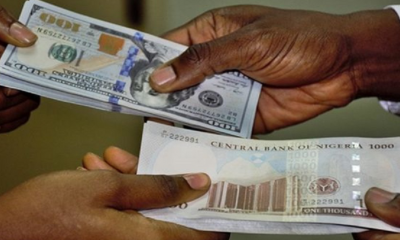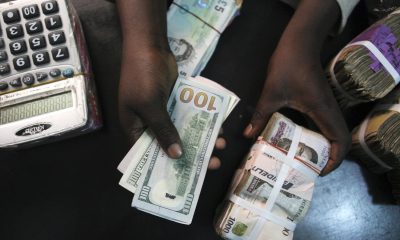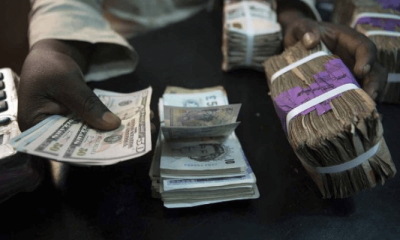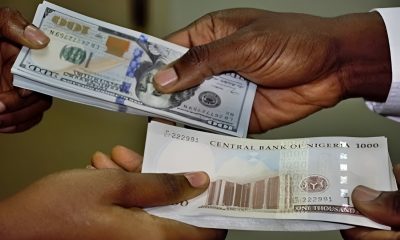Stock brokers in the country have revealed that the free fall of the naira is dampening appetite for foreign stock trading as traders are now more cautious and are waiting for the exchange rate to stabilize before making any major investment decisions.
According to the brokers, the recent depreciation of the naira has led to an increase in the cost of purchasing foreign stocks.
On June 16, the government unified the naira, effectively devaluing the currency from approximately N450/$1 to over N700/$1.
Since then, the official exchange rate has sunk to lows of N848/$1, while at the black market where the exchange rate is sold unofficially, quotes are going for N1200/$1 for cash trades and N1,250-N1300 for “inflows” aka wired transfers.
According to Dr. Afolabi Olowookere, Managing Director/ Chief Economist, Analysts’ Data Services and Resources, depreciation of the naira has made foreign stocks more expensive, thereby reducing the Nigerians’ ability to invest in the stocks.
READ ALSO: FG promises more FX reforms as Naira woes intensify
“It will be very difficult to have new investment outflow by Nigerian investors since the naira has depreciated massively. This is because it will be very expensive to buy foreign stocks currently.
“If a US stock was sold at $2 four months ago when naira to a dollar is N460.00, with naira closing at N808/$1, it means that what you could have at N920.00 is now N1,616.
Mr. Tajudeen Olayinka, Chief Executive Officer, Wyoming Capital and Partners noted that with the current liquidity challenge in the foreign exchange market, it is obvious acquiring foreign stocks will be a daunting task at this time.
According to him, a cautious approach is not peculiar to those who invest in foreign stocks alone but to all investors as share prices in every normal stock market are driven by the company’s performance, demand and supply, and market hearsay.
AdvertisementREAD ALSO: Naira sells for N1,186/$1 at P2P market as scarcity persists
According to the Executive Vice Chairman of Hicap Securities Limited, Mr. David Adonri, with the depreciation of naira, investors in foreign stocks will need more volume of naira with which to purchase the same quantity of foreign stocks denominated in foreign currencies.
“If more volume of naira is required to purchase foreign currencies denominated stocks, it will water down the demand for them. Water finds its level; the naira is now assuming its true value based on market forces of supply and demand,” he said.
Meanwhile, Sola Oni, Chief Executive officer, Sofunix Investment and Communications said investment in foreign stocks is prone to currency risk, country political risk and the risk of local tax can affect returns on investment. However, to minimize currency risk, an investor can hedge with currency futures.
“Depreciation makes foreign stocks more expensive in naira terms even when their dollar value has not changed. It will reduce the capacity of Nigerians to invest in stocks abroad and make foreign stocks,” he said.
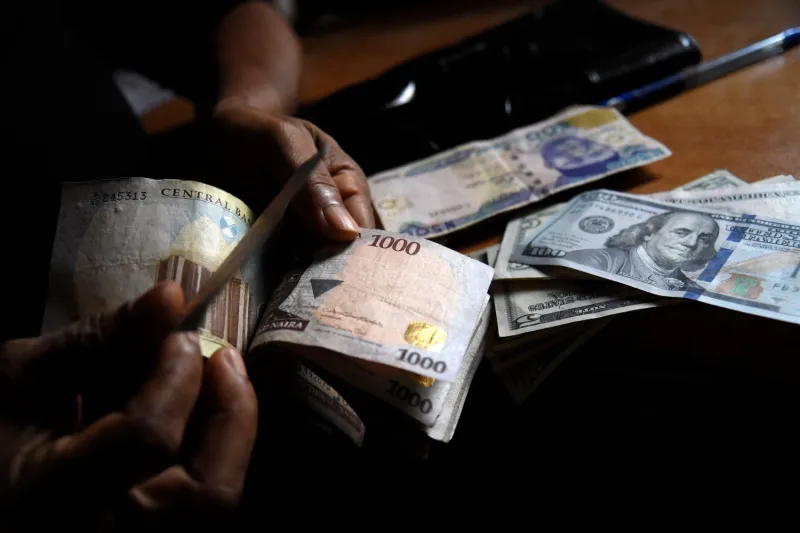

 Business2 days ago
Business2 days ago
 Latest1 week ago
Latest1 week ago
 News1 week ago
News1 week ago
 Politics2 days ago
Politics2 days ago
 Latest6 days ago
Latest6 days ago
 Business5 days ago
Business5 days ago
 Business3 days ago
Business3 days ago
 Featured6 days ago
Featured6 days ago




